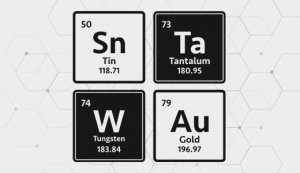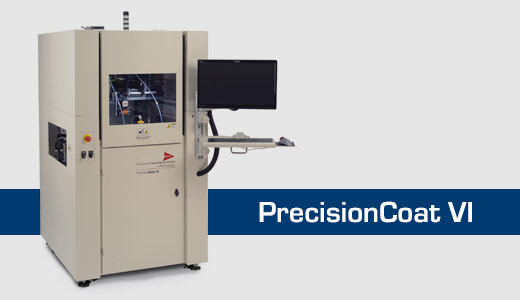<< View SCS Blog
SCS Complies with Conflict Mineral Regulations
One of the common inquiries SCS receives is in regard to conflict mineral regulations. These regulations are part of an international effort to reduce the trade of resources that could finance armed groups in politically unstable areas and fuel forced labor and other human rights abuses. The regulations cover minerals and metals known as 3TG and includes tungsten, tantalum, tin and gold.
 The United States introduced one of the first conflict mineral regulations with the enactment of the Dodd-Frank Act Section 1502. The act, which was signed into law in July 2010, was part of the Dodd-Frank Wall Street Reform and Consumer Protection Act. Section 1502 requires publicly-traded companies to ensure that the minerals used in their products do not originate in the Democratic Republic of Congo (DRC) or in countries bordering the DRC and, therefore, do not contribute to the country’s conflict. Industries most likely impacted by the regulations include electronics, communications, aerospace, automotive, jewelry and industrial products. Private companies or companies that only provide a service and/or maintain or repair a product containing conflict minerals are not affected.
The United States introduced one of the first conflict mineral regulations with the enactment of the Dodd-Frank Act Section 1502. The act, which was signed into law in July 2010, was part of the Dodd-Frank Wall Street Reform and Consumer Protection Act. Section 1502 requires publicly-traded companies to ensure that the minerals used in their products do not originate in the Democratic Republic of Congo (DRC) or in countries bordering the DRC and, therefore, do not contribute to the country’s conflict. Industries most likely impacted by the regulations include electronics, communications, aerospace, automotive, jewelry and industrial products. Private companies or companies that only provide a service and/or maintain or repair a product containing conflict minerals are not affected.
Efforts in the United States have driven international action from several countries and regions. In 2015, the China Chamber of Commerce of Metals Minerals & Chemicals Importers & Exporters (CCCMC) published voluntary due diligence guidelines for Chinese companies active in the minerals trade. In May 2017, the European Union (EU) adopted similar rules under Regulation 2017/81. The EU Conflict Minerals Regulation, which went into effect across the EU on January 1, 2021, was primarily inspired by the Dodd-Frank Act and requires companies to carry out supply chain checks, regardless of where they source minerals. Congo and Rwanda have also passed similar laws for all companies operating in their tin, tungsten, tantalum and gold sectors. All of these international laws and standards are based on the International Organisation for Economic Co-operation and Development (OECD) standard for responsible mineral supply chains. Specialty Coating Systems is not a publicly-traded company and, therefore, is not subject to the requirements of the conflict minerals regulations within the Dodd-Frank Act Section 1502; however, SCS understands that many of its customers must comply with this regulation. Upon request, SCS is pleased to provide customers formal documentation to meet their regulatory compliance needs. For additional information about SCS’ compliance with conflict mineral regulations or to obtain compliance documentation, please contact Aaron Thomas at 317.244.1200, ext. 0229, or athomas@scscoatings.com.
Global Coverage Issue 90, Fall 2021






